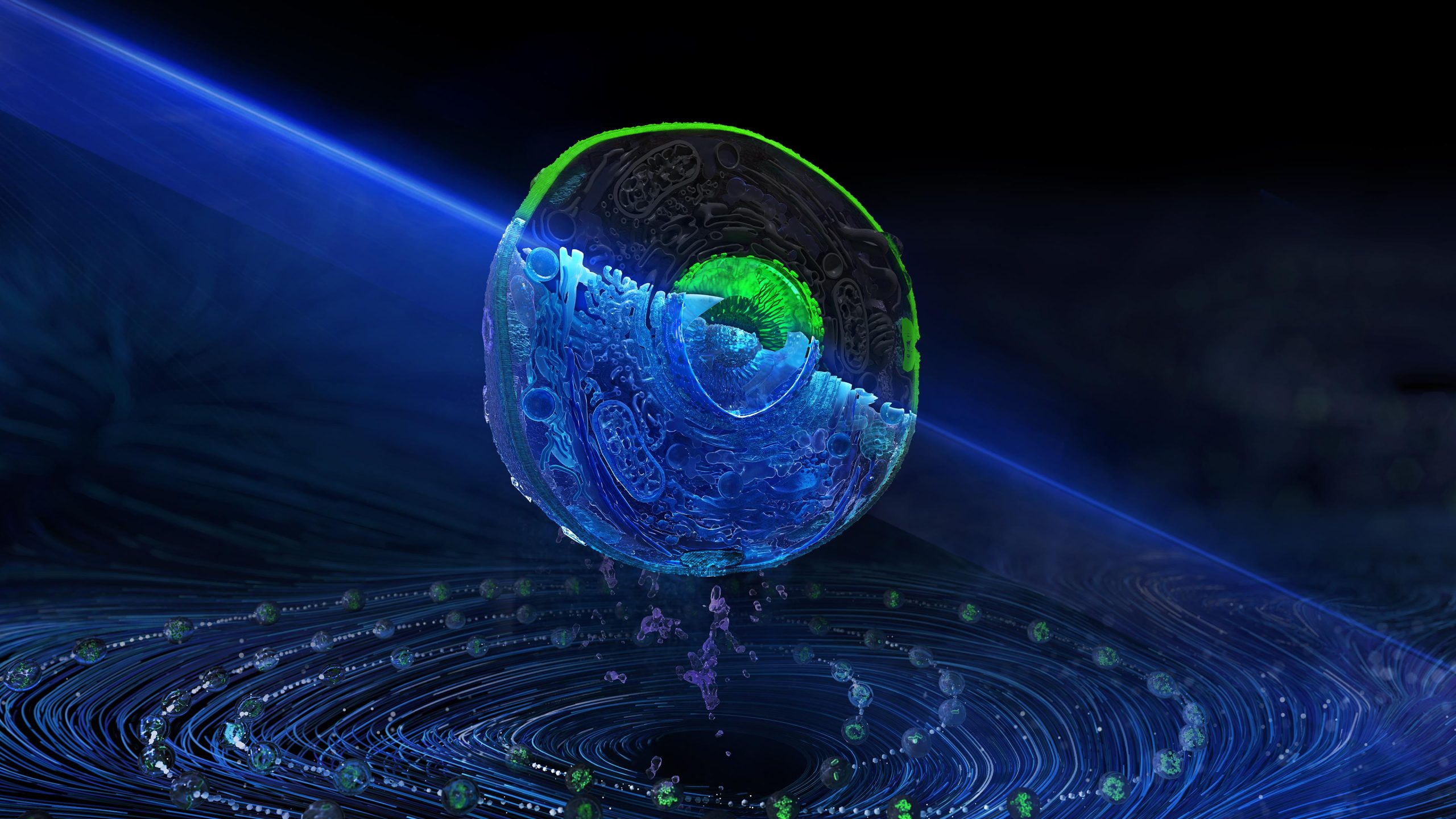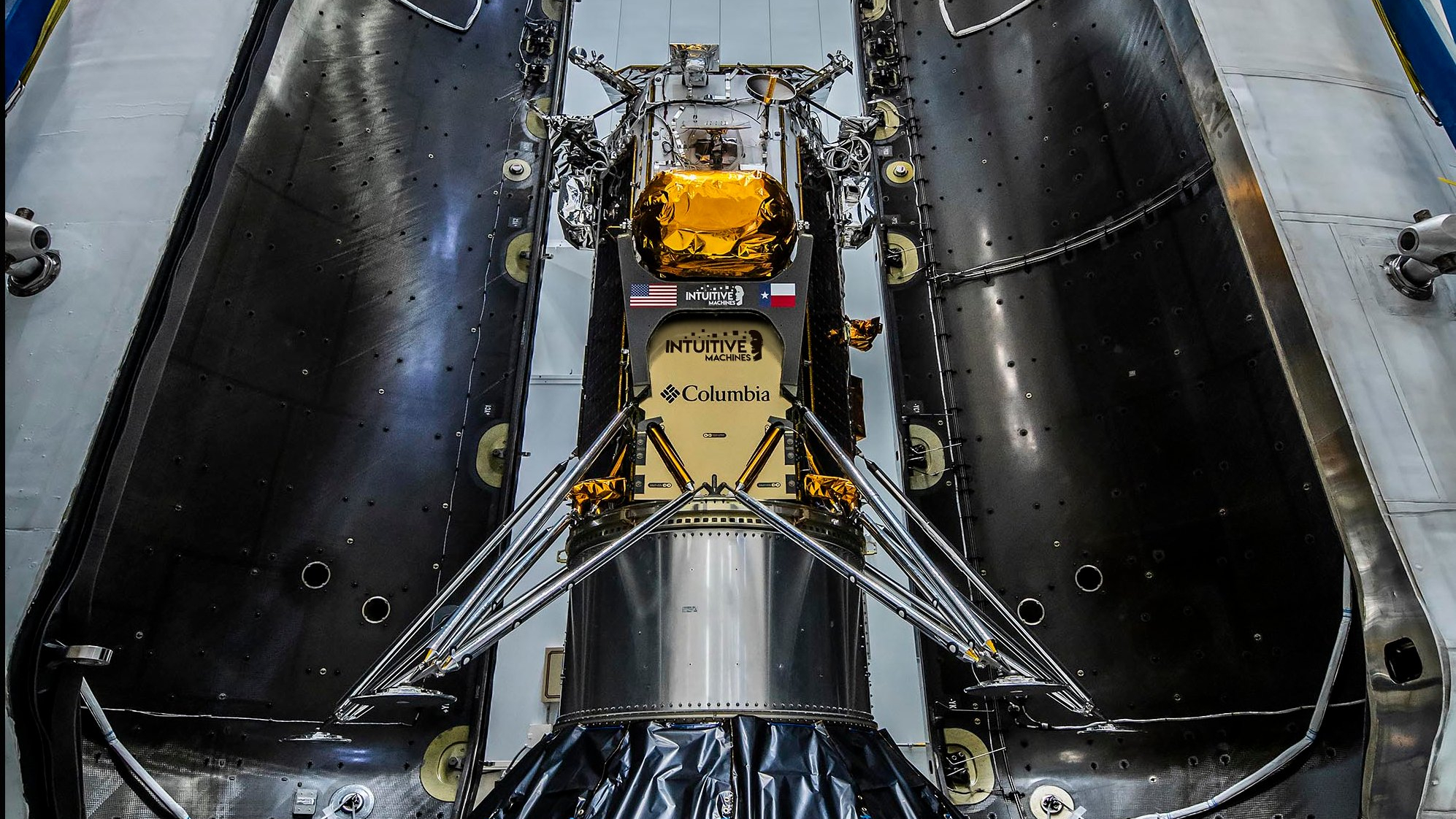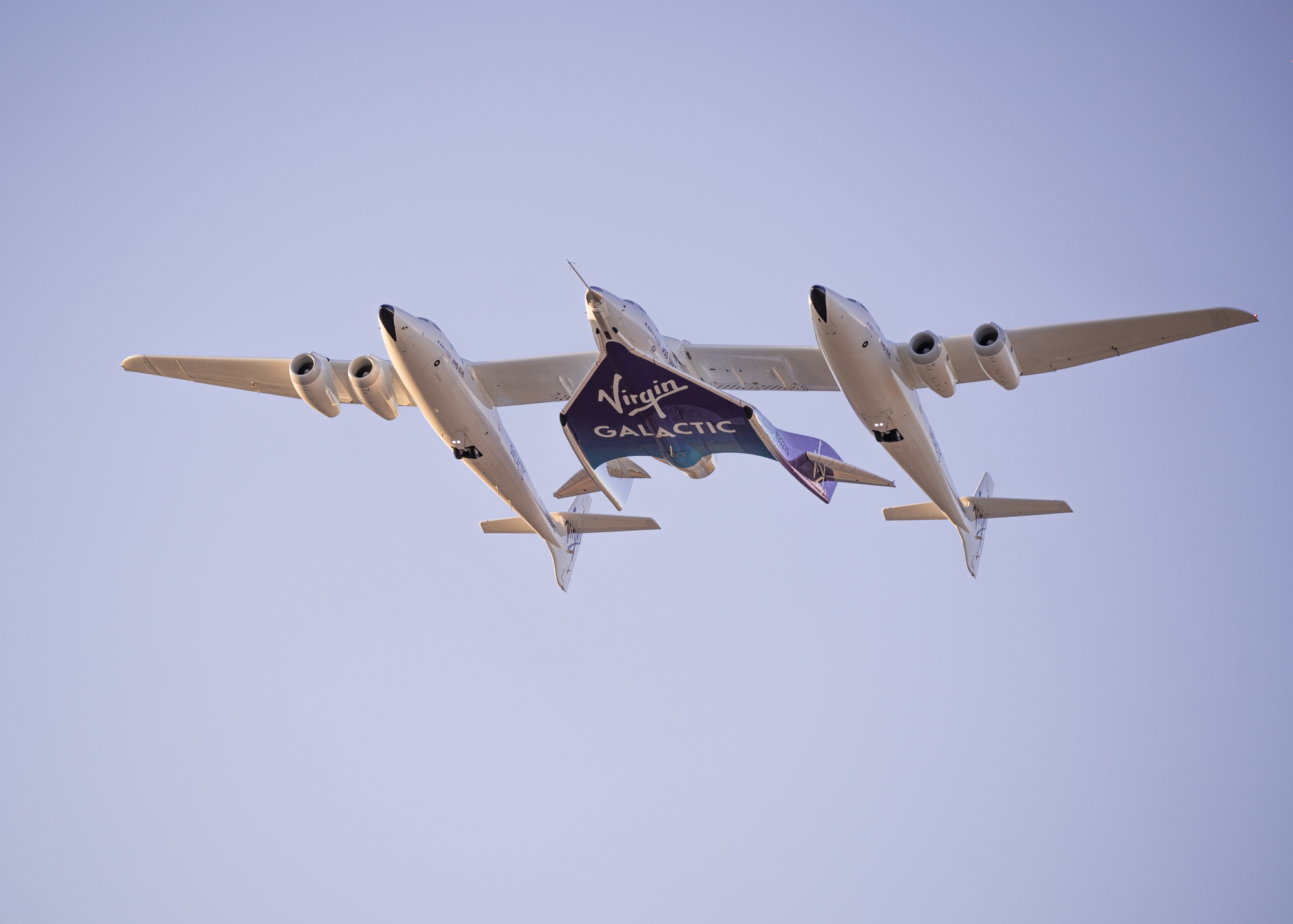Key Points
- President Vladimir Putin says Russia is suspending its role in the Strategic Arms Reduction Treaty with Washington.
- Experts say while it’s a blow to efforts to cap nuclear stockpiles, it does not immediately heighten the risk of war.
- Former US president Barack Obama signed the deal in 2010 with Russia’s then-president Dmitry Medvedev.
Russia’s step back from a key arms control treaty is a blow to efforts to cap nuclear stockpiles, but does not immediately heighten the risk of nuclear war, experts say.
President Vladimir Putin’s
should be understood as another attempt to put pressure on Western countries supplying Ukraine with weapons and money as it fights the Russian invasion, they added.
Former US president Barack Obama signed the deal in 2010 with Russia’s then-president Dmitry Medvedev, with the US seeing it as part of friendlier relations with the Kremlin.
After being renewed in 2021, it is set to run until 2026.

President Joe Biden delivers a speech marking the one-year anniversary of Russian’s latest invasion of Ukraine, at Warzaw’s Royal Castle Gardens. Source: AAP / Evan Vucci
The accord restricts the former Cold War rivals to a maximum of 1,550 deployed offensive strategic warheads each, a cut of about 30 per cent from a limit set in 2002, and 800 launchers and bombers.
Mr Putin told an audience of political elites that while Russia was stepping away from participation in the treaty, it was not actually tearing the deal up.
What do experts think?
“New START is not dead, but it is in an induced coma,” said Emmanuelle Maitre, at the Foundation for Strategic Research (FRS), a think tank in Paris.
“This kind of treaty works on the basis of political will, and clearly there is none left,” she told AFP.
While Mr Putin is the latest leader to damage arms control and anti-proliferation efforts, he is not the first.
In 2002 the United States, under president George W Bush, left the Anti-Ballistic Missile Treaty (ABM) after 30 years.
During the Trump presidency,
the Open Skies agreement on air surveillance and from the Intermediate-Range Nuclear Forces Treaty (INF).
Marc Finaud, a former diplomat and now vice-president of IDN, a French association promoting nuclear disarmament, said “we shouldn’t over-dramatise” Mr Putin’s move.
“It’s a way of putting pressure on the United States and on NATO, and part of the unchanged strategy of making ever-more aggressive threats,” he told AFP.
“But it’s not a strategic sea change. The Russian doctrine is still the same.”
Attempts to ‘maintain low-level fear’
Since early in Russia’s latest invasion of Ukraine, Mr Putin has hinted at the possible use of nuclear weapons, sparking lively protest in Western capitals.
“You get a sense that he needs to bring this up regularly to feed his legitimacy and to maintain low-level fear in Western countries,” Ms Maitre said.
But, “that doesn’t mean Russia intends to increase its arsenal”.
The New START agreement has been in trouble for some time, mostly because of the issue of inspections which were halted during the COVID-19 pandemic.
US President Joe Biden has tried to revive the control visits, but they haven’t happened.
Beyond the scope of the treaty, Russia’s suspension of START “is proof of how badly the relationship between Moscow and Washington has deteriorated,” said Colin Clarke, head of research at the Soufan group, an American think tank on international security.
Tuesday’s move was simply the latest manifestation of US-Russia relations “on life support,” he said.
While Mr Putin may not have intended a strategic reset for Russia, some in Washington’s political establishment could take the suspension as an opportunity to restructure the American arsenal, and maybe increase it over the coming years, Ms Maitre said.
Analysts said the announcement may also have further-reaching reverberations in a world where a US-Russian nuclear duopoly is now a distant memory.
“Given Iran’s steady march toward acquiring a nuclear weapon, the state of nuclear proliferation and growing instability should be a cause of concern for policymakers worldwide,” Mr Clarke said.
‘Very strong pressure’ for nuclear disarmament, some say
Meanwhile, some observers hope that rekindled fears over nuclear stockpiles could give fresh impetus to campaigners for nuclear disarmament.
“This could prompt very strong pressure in favour of multilateral negotiations,” Mr Finaud said.
All the more because China, a rising nuclear power, has become more assertive.
“Even before the demise of New Start, a three-way arms race between China, Russia, and the United States was underway,” said James Acton, at the US think tank Carnegie Endowment for International Peace.
He said the blow to New START “may accelerate this competition”, but this would also depend on whether Russia continues to respect the treaty’s provisions during its suspension.
Russia said on Tuesday that it will continue to comply with the nuclear treaty limits despite the suspension.
“Russia intends to adhere to a responsible approach and will continue to strictly comply with the quantitative restrictions on strategic offensive arms stipulated by it (New START) within the life cycle of the treaty,” Russia’s foreign ministry said in a statement.
Note: This article have been indexed to our site. We do not claim legitimacy, ownership or copyright of any of the content above. To see the article at original source Click Here













